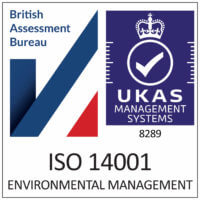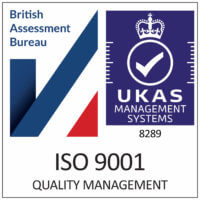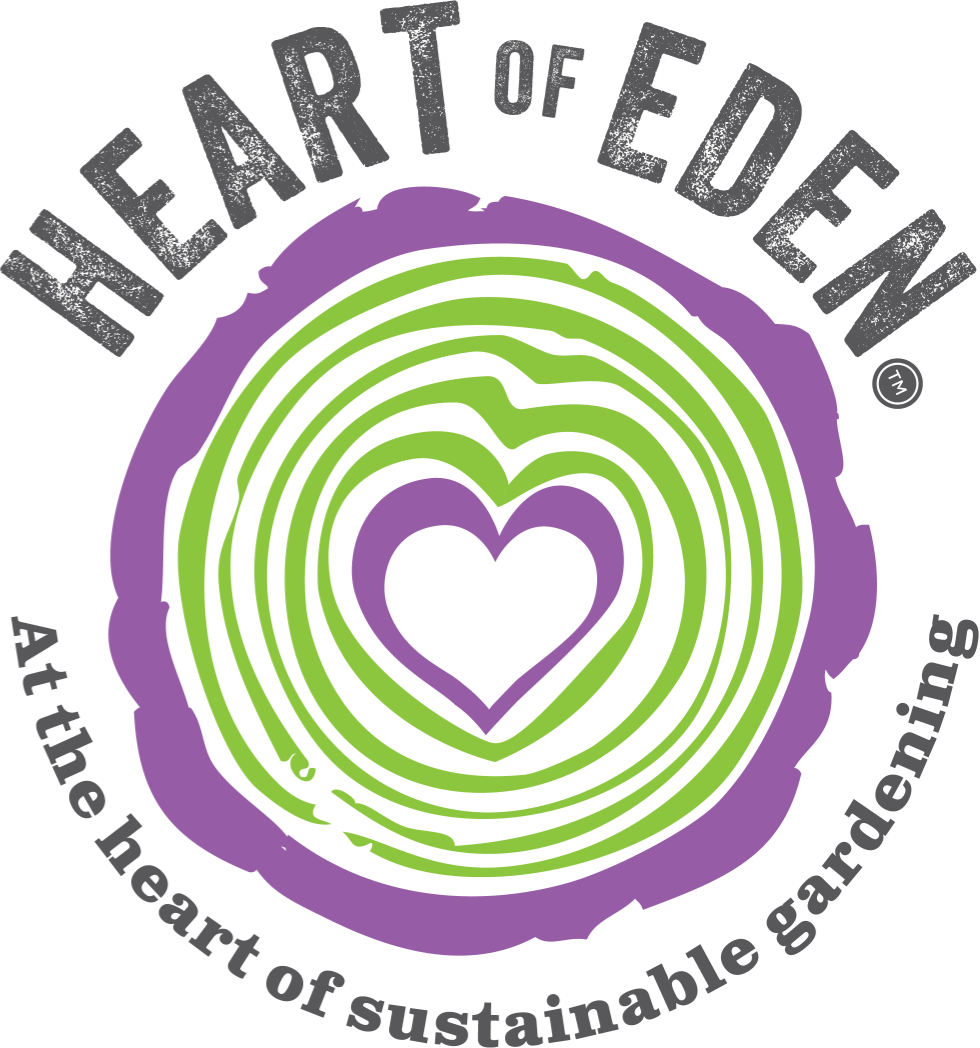The Benefits of Using Peat-Free All-Purpose Compost for Soil Structure Improvement
Oct 12th 2023
Are you looking for a natural and eco-friendly solution to improve the structure of your soil? Look no further than peat-free all-purpose compost! The use of peat-free compost has become increasingly popular due to its numerous benefits, not only for the environment but also for your garden. By incorporating peat-free all-purpose compost into your soil, you can enhance its structure, leading to improved drainage, aeration, and nutrient retention. Say goodbye to compacted soil and hello to healthy, thriving plants with the help of peat-free all-purpose compost.
Benefits of Using Peat-Free All-Purpose Compost for Soil Structure Improvement
When it comes to maintaining a healthy garden or growing your own plants, the quality of the soil is of utmost importance. Peat-free all-purpose compost is a fantastic option to consider if you’re looking to improve your soil structure. Not only does it provide several benefits for the overall health of your soil, but it also offers numerous advantages over traditional peat-based compost.
Prevents Soil Erosion
One of the key benefits of using peat-free all-purpose compost is its ability to prevent soil erosion. Soil erosion occurs when wind or water washes away the top layer of soil, which is detrimental to plant growth. Peat-free compost helps to bind the soil particles together, creating a stable structure that minimizes erosion in your garden. By using this compost, you can ensure that your soil remains intact and provides a solid foundation for your plants to thrive.
Enhances Drainage and Aeration
Proper drainage and aeration are crucial for healthy plant growth. Peat-free all-purpose compost is specifically formulated to improve these aspects of your soil structure. It contains organic materials which are excellent at creating air pockets within the soil. These air pockets allow water to drain easily, preventing waterlogging and ensuring that the roots receive the oxygen they need for optimal growth.
Improves Water Retention
While drainage is important, retaining sufficient moisture in the soil is equally vital. Peat-free all-purpose compost excels in its ability to improve water retention. The organic components in this type of compost act as sponges, absorbing and holding onto water. This means that even during dry spells, your soil will retain moisture for longer periods, reducing the frequency of watering and providing a more stable water supply for your plants.
Promotes Nutrient Availability
Plants require essential nutrients to grow and thrive. Peat-free all-purpose compost is rich in organic matter, which acts as a source of nutrients for plants. As the organic matter decomposes, it releases valuable nutrients into the soil, ensuring that your plants have access to the fuel they need for healthy growth. Additionally, the compost helps to improve the overall nutrient-holding capacity of the soil, preventing nutrient leaching and maximizing their availability to your plants.
Increases Organic Matter Content
Maintaining a healthy level of organic matter in your soil is crucial for its long-term fertility and overall health. Peat-free all-purpose compost is an excellent way to increase the organic matter content of your soil. The organic materials present in this compost contribute to the overall pool of organic matter, enriching the soil and creating a favorable environment for beneficial soil organisms. By using this compost regularly, you can significantly improve the organic matter content of your soil, leading to healthier and more productive plants.
Reduces Soil Compaction
Soil compaction occurs when the soil particles are pressed tightly together, hindering water and air movement. Peat-free all-purpose compost can help alleviate soil compaction by improving the structure of your soil. The organic components in the compost create space between soil particles, allowing for better drainage and root penetration. By using this compost, you can effectively reduce soil compaction in your garden and provide a looser, more aerated soil environment for your plants.
Supports Beneficial Soil Microorganisms
A balanced population of beneficial soil microorganisms is essential for a thriving ecosystem underground. Peat-free all-purpose compost provides an ideal environment for these microorganisms to flourish. The organic matter in the compost acts as a food source for these beneficial microorganisms, encouraging their growth and activity in the soil. As these microorganisms break down organic matter further, they contribute to the overall fertility of the soil and help create a harmonious soil ecosystem that supports healthy plant growth.
Minimizes Weed Growth
Weeds can be a nuisance in any garden, stealing nutrients and space from your desired plants. Peat-free all-purpose compost can be an effective tool in minimizing weed growth. By improving the overall health and fertility of your soil, this compost creates an environment that is more favorable to your plants than to weeds. Additionally, the physical structure of the compost helps to suppress weed growth by providing a barrier against weed seeds finding their way to the soil surface. Using peat-free all-purpose compost can significantly reduce the time and effort spent on battling stubborn weeds in your garden.
Provides a Sustainable Alternative
In recent years, the environmental impact of peat extraction has become a prominent concern. Peatlands are essential habitats for various wildlife and store significant amounts of carbon. By choosing peat-free all-purpose compost, you are contributing to the preservation of these valuable ecosystems. Peat-free compost is made from sustainable and renewable materials such as coir, bark, and wood fiber, which do not harm peatlands or contribute to their depletion. Choosing this sustainable alternative helps protect our environment and ensures a greener future for generations to come.
Maintains Soil pH Balance
Lastly, peat-free all-purpose compost plays a significant role in maintaining the pH balance of your soil. The organic materials present in this compost have a natural buffering capacity, which helps regulate the pH of the soil. Whether your soil is acidic or alkaline, peat-free all-purpose compost can help stabilize and balance the pH levels, creating an optimal environment for your plants to thrive. This is particularly beneficial for gardeners who cultivate a wide range of plant species with varying pH preferences.
In conclusion, using peat-free all-purpose compost offers a multitude of advantages for improving the structure of your soil. From preventing soil erosion and enhancing drainage to promoting nutrient availability and supporting beneficial soil microorganisms, this compost is a valuable tool for maintaining a healthy and thriving garden. Additionally, it minimizes weed growth, provides a sustainable alternative to peat-based compost, and helps maintain the pH balance of your soil. By incorporating peat-free all-purpose compost into your gardening practices, you can ensure that your plants have the best possible foundation for growth and enjoy the many benefits of healthy, nutrient-rich soil.






